The final course of the ToT series on “Climate change and cross-cutting issues” was held on September 3-4 in Tashkent, Uzbekistan.
This 3rd ToT course in Tashkent was conducted for the participants of the 1st and 2nd ToT courses as part of the Climate Risk Assessment and Capacity Development (CRDA) assignment implemented under the GIZ program “Climate Risk Management in Central Asia”. The project is implemented by NIRAS in cooperation with the Regional Environmental Centre for Central Asia (CAREC).
“A series of capacity development training for government officials and NGOs in the five Central Asian countries dealing with climate change issues will help them develop national and local development plans aimed at increasing resilience to natural disasters and climate risks, which in turn will help support cross-border coordination. Upon returning home, the training participants will have to apply the acquired knowledge and skills in effect, and also disseminate them among stakeholders as much as possible,” Irina Bekmirzaeva, CAREC Climate Change and Sustainable Energy (CCSE) Program Manager and 3rd ToT facilitator, comments on the importance of the ToT training courses.
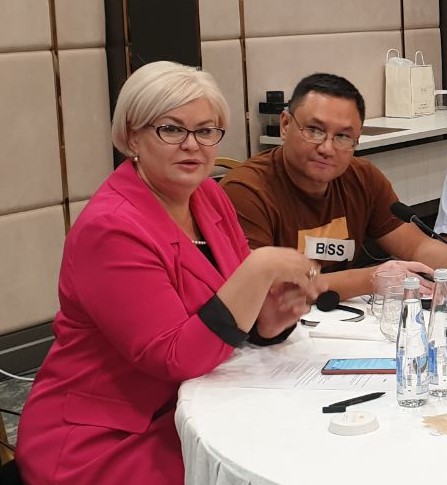
As Irina Bekmirzaeva noted, the 3rd ToT course will teach how to identify, understand and address cross-cutting issues of climate change and assess how the proposed climate change adaptation measures will address these issues.
The 3rd ToT course is designed to facilitate the identification of cross-cutting issues related to climate change concerning the assessment of natural and socio-economic vulnerabilities. Besides, cross-cutting issues include gender issues and vulnerable groups, stakeholder engagement and communication, regular monitoring and evaluation of actions taken, and transboundary considerations. These issues will be addressed from a country and transboundary perspective. The session was led and facilitated by the international and national NIRAS team members.
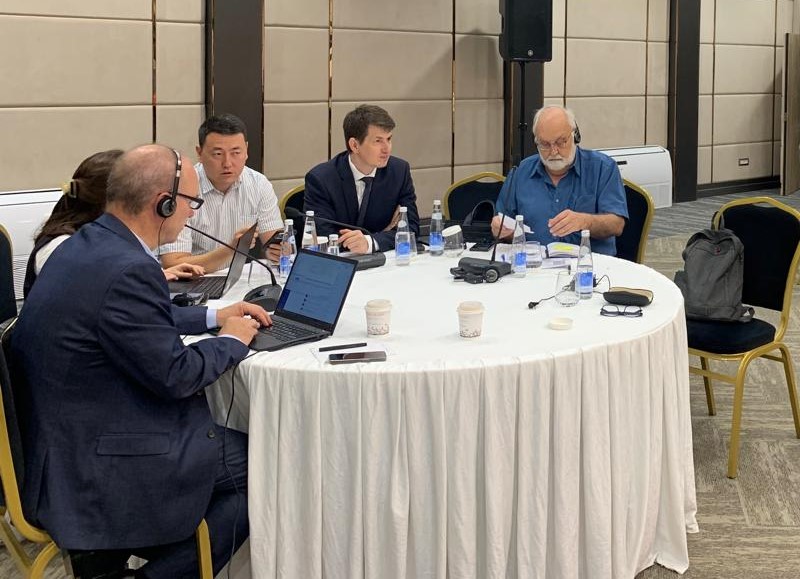
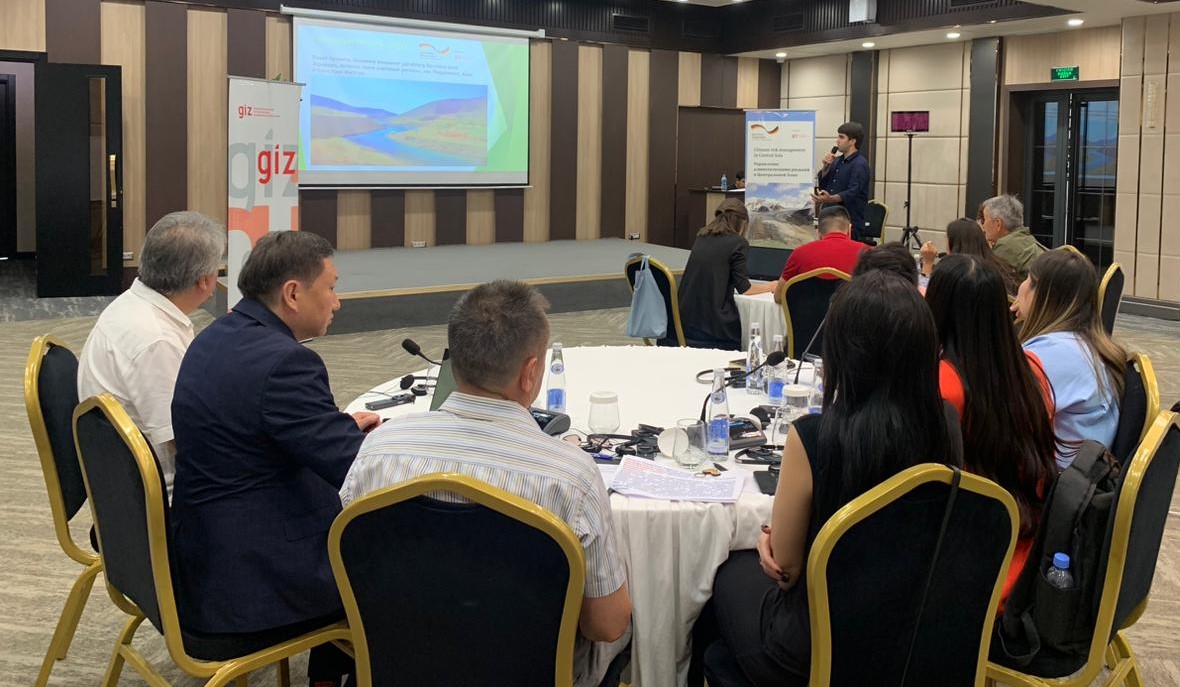
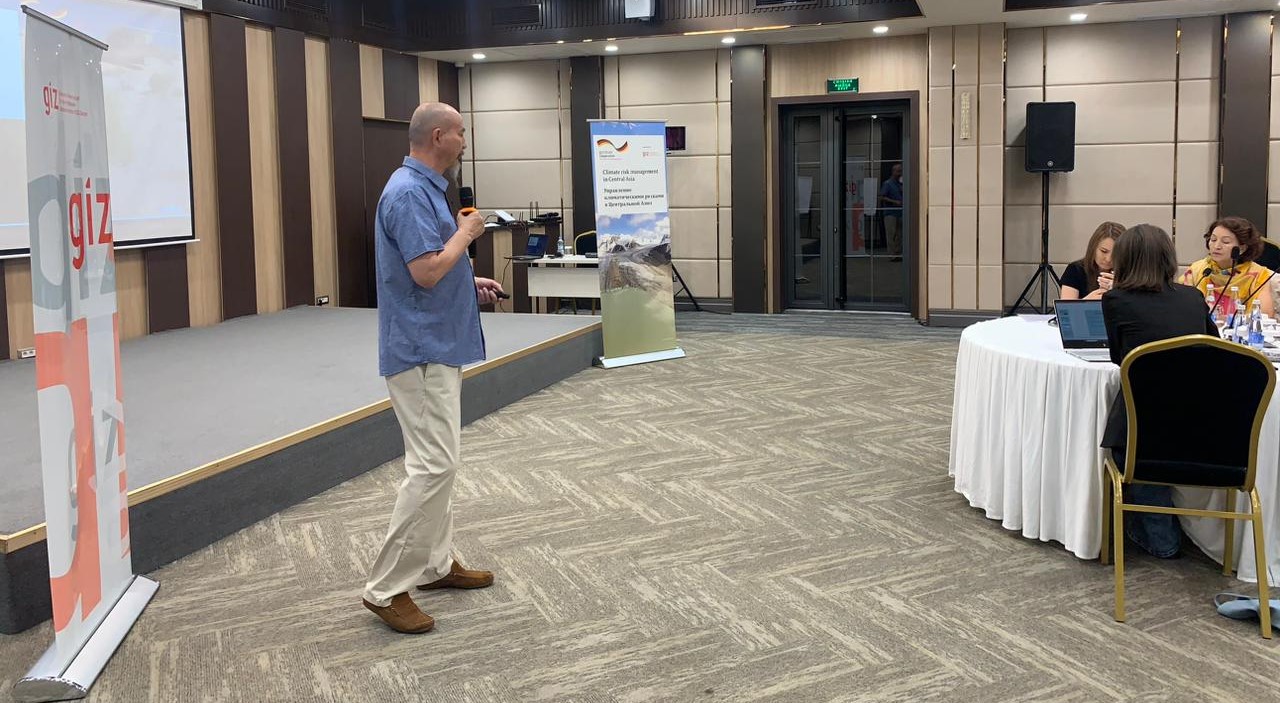
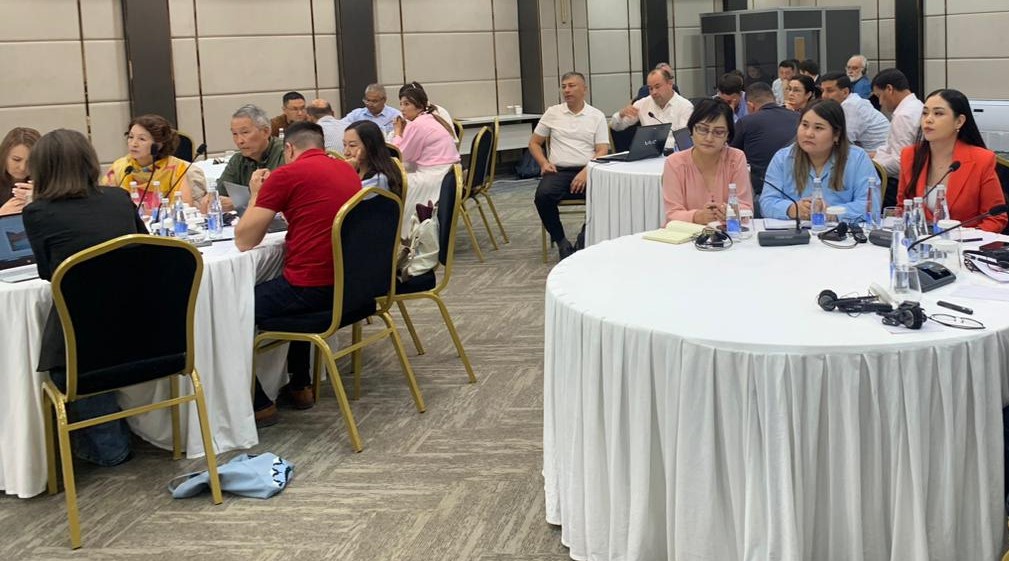
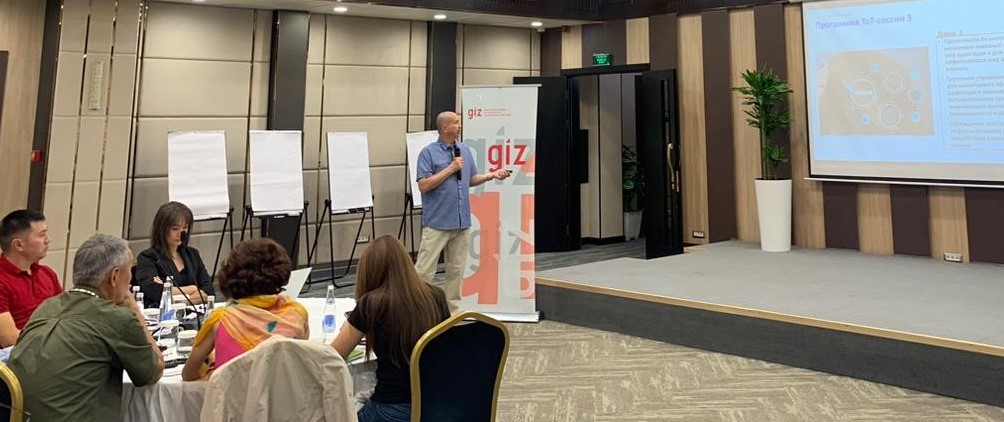
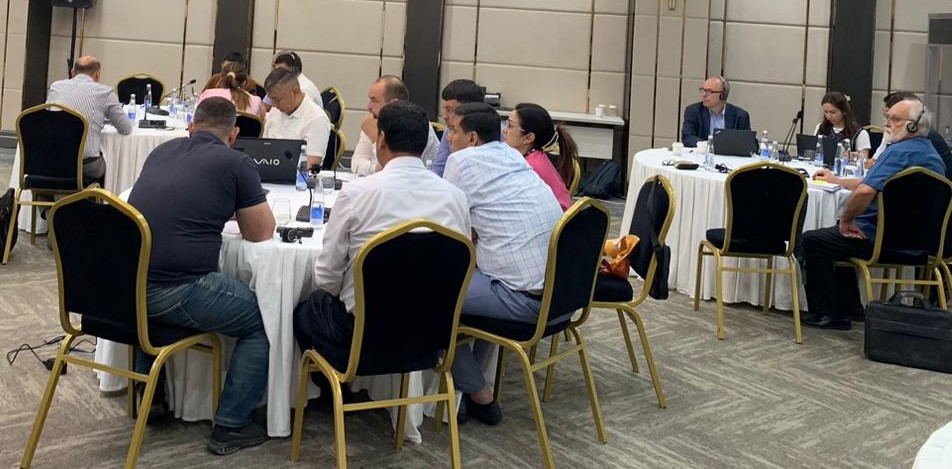
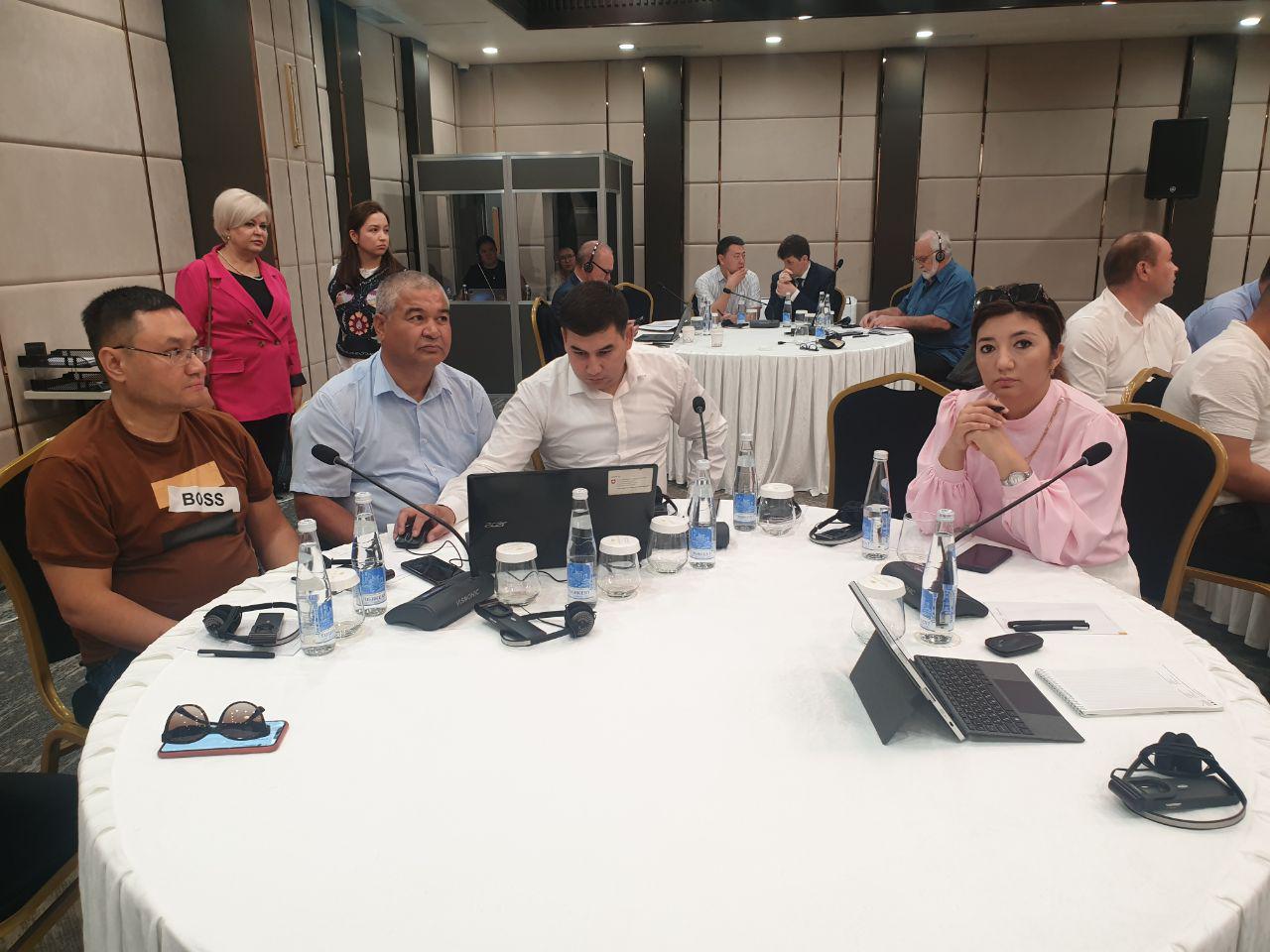
As a reminder, the project envisages a series of country and transboundary activities to identify and assess climate risks for each of the selected (transboundary) water basins, namely Isfayram-Sai (Kyrgyzstan and Uzbekistan), Shakimardan (Kyrgyzstan and Uzbekistan), Zarafshan (Tajikistan and Uzbekistan), Chong-Kemin/Chu River (Kyrgyzstan and Kazakhstan) and Murghab (Turkmenistan). These basins were selected by GIZ political partners in each of the participating countries. Based on the climate risks assessed for each water basin, the project aims to support the development of climate change adaptation measures (CAM) for each water basin.
The main strategy is to develop the capacity of the selected trainers who will ensure the sustainability of the GIZ project on Climate Risk Management in Central Asia within the framework of the “Train the Trainers” concept. Within the framework of the GIZ programme “Climate Risk Management in Central Asia”, 250 people, of whom 100 should be women, are planned to be trained. They will conduct the Climate Risk Assessment (CRA), select adaptation measures and integrate relevant actions into development planning. This approach will support the ongoing review and future development of adaptation plans considering and incorporating the climate change impacts into planned development activities and actions.
Capacity development and strengthening actions should cover scoping, identification, analysis and assessment of climate risks and specifying climate-related risk mitigation measures in the context of development plans.
The first ToT session took place in June in Tashkent, Uzbekistan. It focused on an overview of CRA processes as outlined in the GIZ Climate Risk Toolkit, the development of options, and the development and implementation of risk mitigation and adaptation plans for climate-induced floods and droughts. In addition, the ToT co-facilitators practised their skills in delivering climate risk assessment training to various audiences.
The second ToT course was held in July in Tashkent, Uzbekistan and focused on climate change adaptation measures.
Additional information:
Irina Bekmirzaeva, CAREC Program Manager “Climate Change and Sustainable Energy”, ibekmirzaeva@carececo.org

